How Do You Calm a Manic Puppy?
Crazy or manic puppy behavior can be defined as a dog that is constantly alert and searching for something to do. For puppies, this behavior might mean chewing on furniture, biting at your ankles, or climbing the walls. Manic puppy behavior can be seen in many breeds, but it is usually attributed to energetic breeds.
These are the kind of breeds that were built for work, so don't let their hyperactive demeanor spark any concern about your pup's health. Manic puppies are just as healthy as their more sedentary counterparts and they require much more attention.
When your dog is constantly on alert and exploring their surroundings, they are trying to tell you something. They might be feeling anxious about something in their environment or perhaps they are just over-excited.
One of the best ways to prevent manic puppy behavior is to ignore them when you walk in the room. As Daniel explains:
"If you walk in and you just act like the puppies aren't there, they may not stop biting your pant leg, but they won't go into a frenzy like they could if you start interacting with them in an energetic way."
So, by not paying attention to them, you could help prevent an issue before it starts. If you chose an energetic breed (whether by accident or by choice), you should research their behavioral characteristics and look for ways to mitigate frenzied behavior.
How to Stop Manic Puppy Behavior
Manic puppies have a lot of energy and no way to release it, so they find their own outlets. Owners with manic puppies should keep a close eye on the behavior and look for signs that might indicate that the pup is being destructive or acting out in an effort to alert you to an issue or whether it is just them looking for outlet for their energy. These kinds of behaviors can be influenced by the owner's behavior, especially how they handle their new pup on a daily basis.
If your pup is acting crazy, here are some tips you can use to get him back in control:
- Give him a toy he really likes. If your dog loves his toy, he'll sit down and play with it while you relax.
- Give them lots of exercise. Just because they are inside doesn't mean their energy needs to decrease throughout the day. Be sure to take them outside for a good play or run when they first wake up and before bedtime.
- Put him on an activity schedule. This can include small training sessions, lots of playtime, and some downtime with you.
If you suspect your pup may be manic because of their environment, here are some tips that might help:
- Some pups are more sensitive to loud noises, so if your pup is getting frantic whenever someone turns on the vacuum or drops a pan it might be too loud for his ears. Try to make the environment less overwhelming by closing all blinds and turning off anything producing sound.
- If your dog is trying to tell you something, make sure you respond accordingly. If he gets frantic each time you leave the room, look for ways to mitigate separation anxiety.
- Keep them distracted and give them something to chew on. This can create a positive association for them, making sure that they know chewing is good and that every time they chew on a toy they get a reward.
So where does one begin? Well, simply by changing the way you think about your pup and their behavior of course! Using these tips and suggestions will help decrease the chances of your pup becoming destructive in an effort to alleviate boredom or hyperactivity. But even if they do happen to become manic, don't worry! Just take them outside, give them their favorite toy, and wait for the cool-down.
Useful Ressources
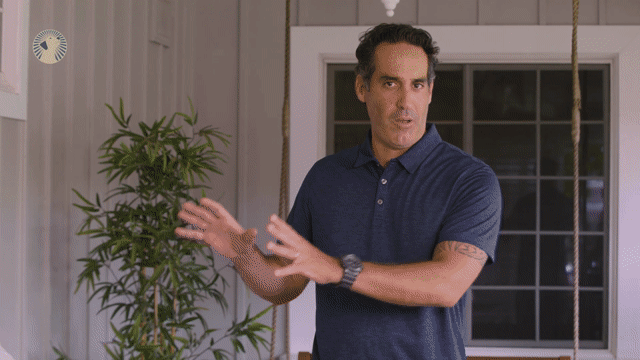
Introducing a New Dog to Your Life
Introducing a new dog into your household can be stressful. Learn how to set the right framework for success before, during, and after introducing your pup!
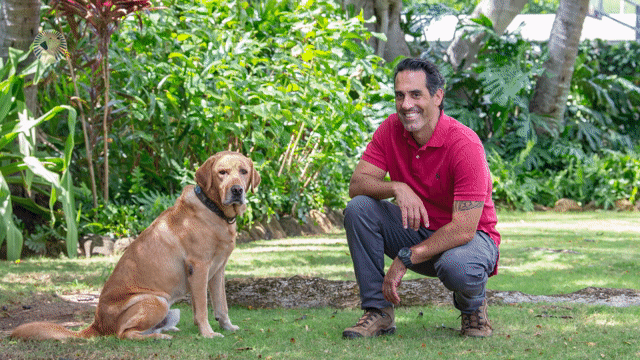
Introduction to The Beacon Dog Training Course
Looking for a practical, easy-to-understand online dog training course that will translate into positive results? Try Daniel's step-by-step approach.
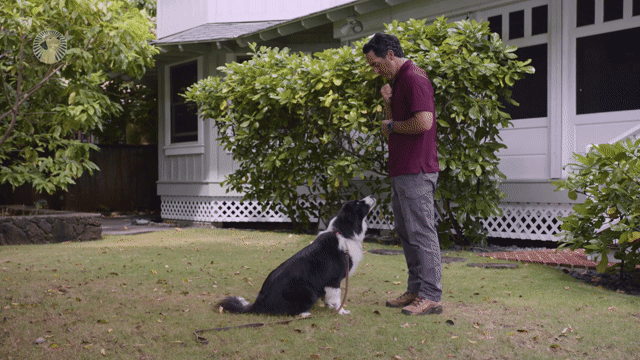
Focus and Attention
The Beacon Dog Academy is a fun, interactive experience for dogs and their owners that will help you build laser-sharp attention skills in any environment.
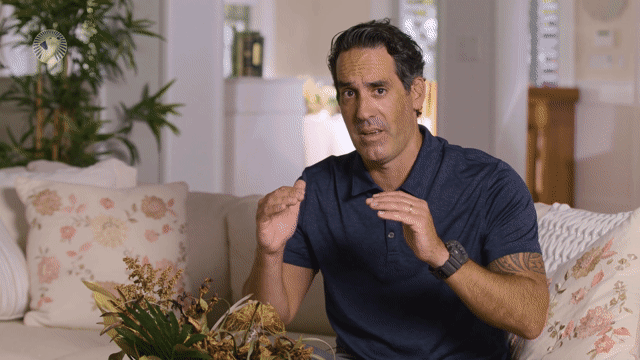
Problem-Solving Theories
Learn how to correct dog behavior problems (including food possessiveness and aggression) in order to make your life with a dog so much easier.
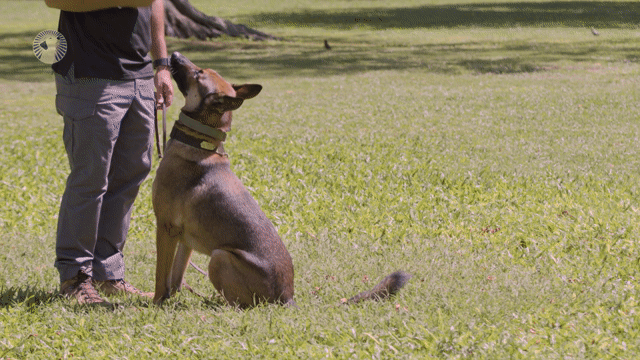
The Primal Power of Food
How to motivate your dog using food. Learn how to use food throughout your dog’s life to get the best out of them. Become an expert in motivating your dogs!
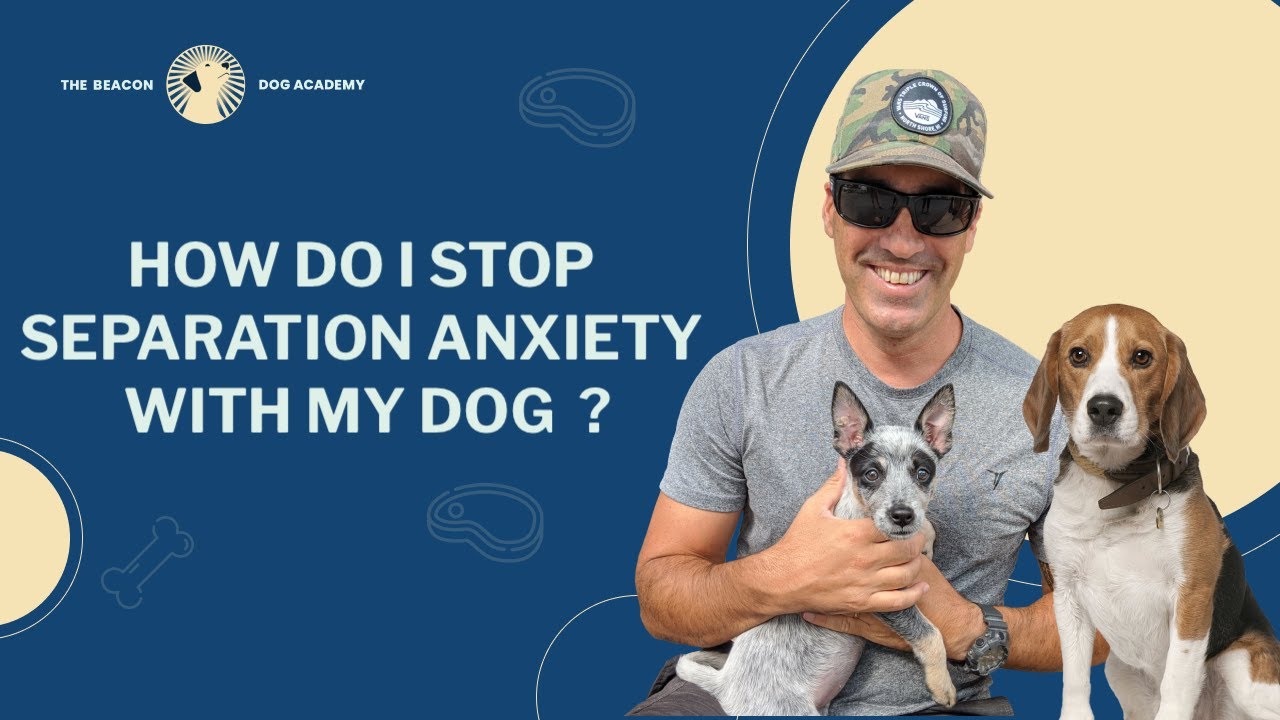
How Do I Stop Separation Anxiety with My Dog?
Separation anxiety in dogs can lead to serious issues in other areas of life and make training even more difficult if not properly addressed. So, how can you ease it?

The Basics of Dog Psychology
You love your dog, but do you really know what your pup is trying to tell you? Most people don't. Dogs have a complex language of their own, and if we want to learn how to communicate with them on a deep level, we need to understand this language better.

Building Confidence in Your Dog
This article will help you teach your dog that he can overcome any hurdle, building confidence and a greater bond with you along the way.

Do Puppies Get More Aggressive When Tired?
Puppies and human children have a lot in common. They are both living beings that need to be taken care of if they are going to grow up into healthy adults.

How Do You Check for a Puppy's Temperament?
As puppies grow into dogs, many owners are surprised when their once gentle puppy becomes a barker or even a biter. It is possible to prevent these behaviors by testing for temperament early on.